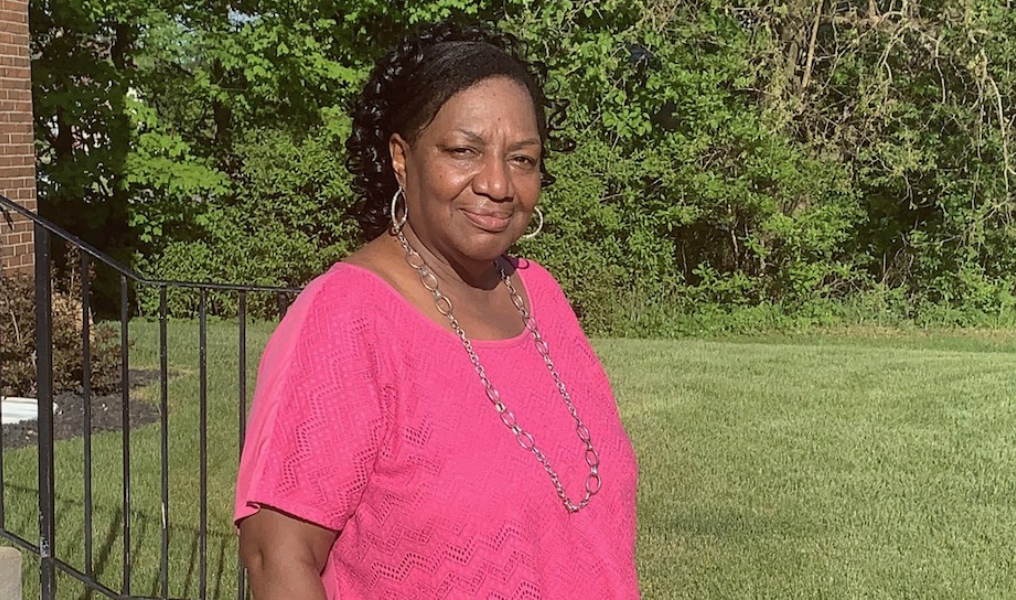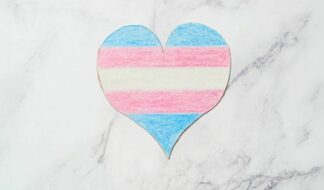It's not easy to be a certified nurse assistant in the midst of a pandemic. But four months into the novel coronavirus crisis, and Asineth Little is continuing to get by.
"When it first started it was a little scary," Little recalled. "I would sit in my car for a minute, say a prayer and then go in. After work, I take everything off when I come in. Then I take a shower and wash my clothes every night."
Little, who works for a health agency that sends her to different clients, said she doesn't even know if she's taken care of anyone who had COVID-19.
"If they are positive, they don't tell us," she said. "They get sick and they go out. They're just sick and out. If they send us to a client they don't tell us their status. They just say, 'Treat everyone as if they have it. Always wear your PPE at all times.'"
To get in and out of the facilities Little sometimes works in is a challenge, as most remain on lockdown.
"They take our temperature at each facility I go into. They ask you questions. Have you traveled? Have you come in contact with anyone who's had it? Have you noticed any symptoms?" she said. "They ask you quite a bit before they allow you to come through."
Little said she has seen COVID-19 impact not just patients who have become isolated but fellow caregivers as well.
"I talk to other caregivers about how they're doing and dealing with their families and things, their husbands and children. A lot of them have young kids and they're really concerned about taking it home," she said. "Some quit. And others were so frightened they took a month off before they could come back."
As for Little, well, she doesn't scare easily.
"This is not my first rodeo with quarantining," she said. "When shingles first came out and no one knew much about it, they would shut facilities down and the people working there could not leave. At that time, shingles were not known to have come from chickenpox. You had to wear your PPE into people's rooms who were infected. That's one of the reasons I don't work in nursing homes anymore."
But to Little, her work is more than just a job. It's a calling. She said she's always enjoyed working in the medical field in any capacity she could.
"I think it came from when I was a child. When someone was sick in my family, my mother would take my sister and I — we couldn't have been more than 10 — and we would go and sit with my aunt or uncle or grandparents," Little said. "There wasn't much that we could do. But it helped us just being there. And I found comfort in that after a while. I didn't mind going. It made me happy. I enjoy what I do.
It's all about getting to know people. That, Little said, is the key to great health care.
"When I took care of babies, babies teach you now to be gentle because you have to take some care. Then working with teenagers is always a teachable moment. It's more than just taking care of the wounds. You also have to take care of the mental component," she said. "And when I work for hospice, you take care of the entire family mentally and get them to understand the process and what's going on with their loved one."
But if she had to choose a favorite group to work with, Little said it would be seniors.
"They have so much to tell you in regard to their lives, what's here and been here and what's new to them. I've taken care of people as old as 105," she said. "I had a lady at 105 who was still mopping her floors and taking care of her daughter who was 70-something. I just love them. They have so much wisdom."
When not working, Little stays active in Detroit's LGBTQ community, particularly helping women's groups. Through the years, she has been a part of the Ruth Ellis Center, S.P.I.C.E. and more LGBTQ-affirming organizations. Today, she is a part of The Center for Lesbian and Queer Women and Girls at Kofi House — a division of the Ruth Ellis Center —and, in fact, Little was a friend of a late Ruth Ellis for whom the center was named.
"Heck, we used to go to the club," said Little with a laugh. "And she could dance. She could out dance us all. She had a lot of fundraisers we would go to. And Ruth was a great talker. A very lovely woman."
And before meeting Ruth, Little worked as a patient care technician during the AIDS crisis.
"I had to draw blood on [a particularly frail] AIDS patient and me, being who I am, I had no idea this was going to upset me," she said. "I was shaking like a leaf and I had to stop. And the guy's partner said, 'It's OK,' and he took my hand and calmed me down and I was able to draw it."











